Marc RINGEL
Moderator
The Summit gathers scientists, policymakers, practitioners, industry, and civil society to work together on mainstreaming the sufficiency concept introduced in the2022 IPCC report on climate mitigation.
Moderator
Opening remarks
Opening remarks
Keynote speaker
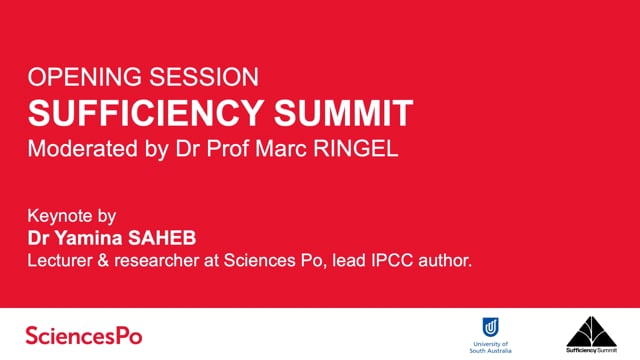
Efforts to reduce the emissions of urban settlements, responsible for around 70% of the global total, have largely overlooked the high potential of policies that constrain the growth of material stocks and consumption carbon. The challenge is to ensure societal wellbeing, equitable access to services and dramatic cuts in emissions via leaner and resource-saving built form, planning configurations and more interconnected, cost effective and less carbon-intensive infrastructure solutions. Examples of such policies and best practice solutions will be examined, while highlighting their potential to transform approaches in the global North and South and dramatically reduce carbon, resources and cost.
Moderator
Keynote speaker
Panellist
Panellist
Panellist
Panellist
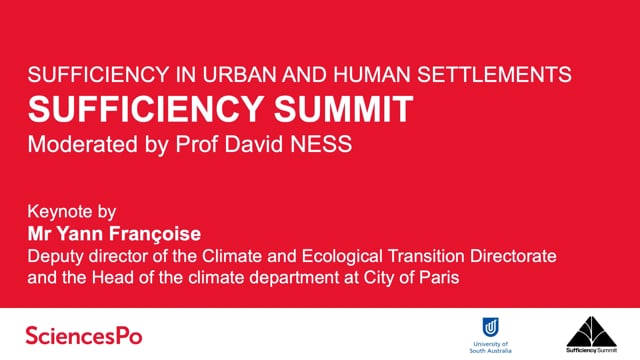
Moderator
Keynote speaker
Panellist
Panellist
Panellist
Material throughput of the global fashion system has doubled since 2000 and in 2019, consumption of clothes and textiles has been recognised as the fourth most polluting lifestyle domain in Europe, after energy use, mobility, and food. Limiting fashion production and consumption in terms of total volumes and redistributing benefits and burdens in a more equitable manner are the critical steps to ensure that the global fashion system stays within the planetary boundaries, while meeting the basic needs of the population for clothing.
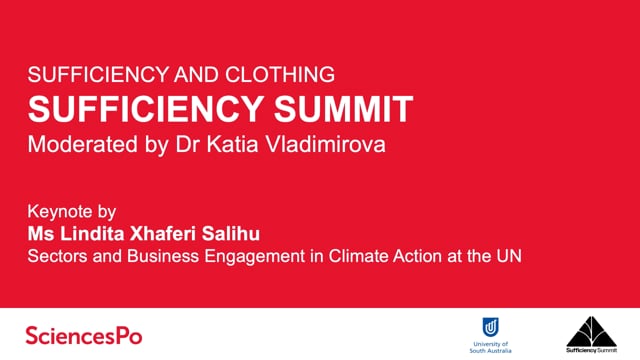
Moderator
Keynote speaker
Panellist
Panellist
Panellist
Global food production threatens climate stability and ecosystem resilience and constitutes the single largest driver of environmental degradation and transgression of planetary boundaries. At the same time an unhealthy diet poses a greater risk to morbidity and mortality while 820 million people still lack food and many more consume either low-quality diets or too much food. A radical transformation of the global food system is needed to avoid failing to meet the UN Sustainable Development Goals (SDGs) and the Paris Agreement, and to ensure today’s children will not inherit a planet that has been severely degraded and where much of the population will increasingly suffer from malnutrition and preventable disease.
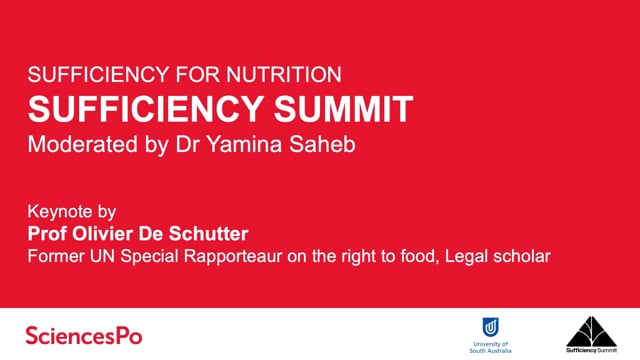
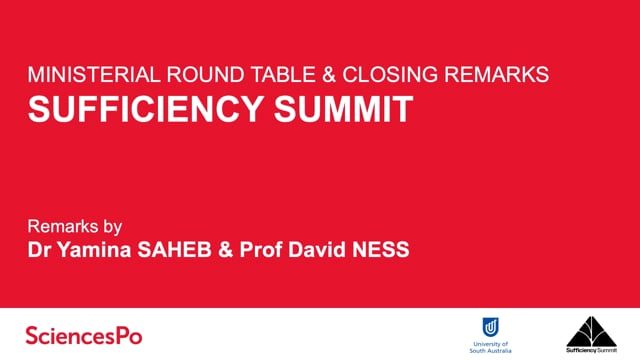
Panellist
Panellist
Information
Credits
Transcription